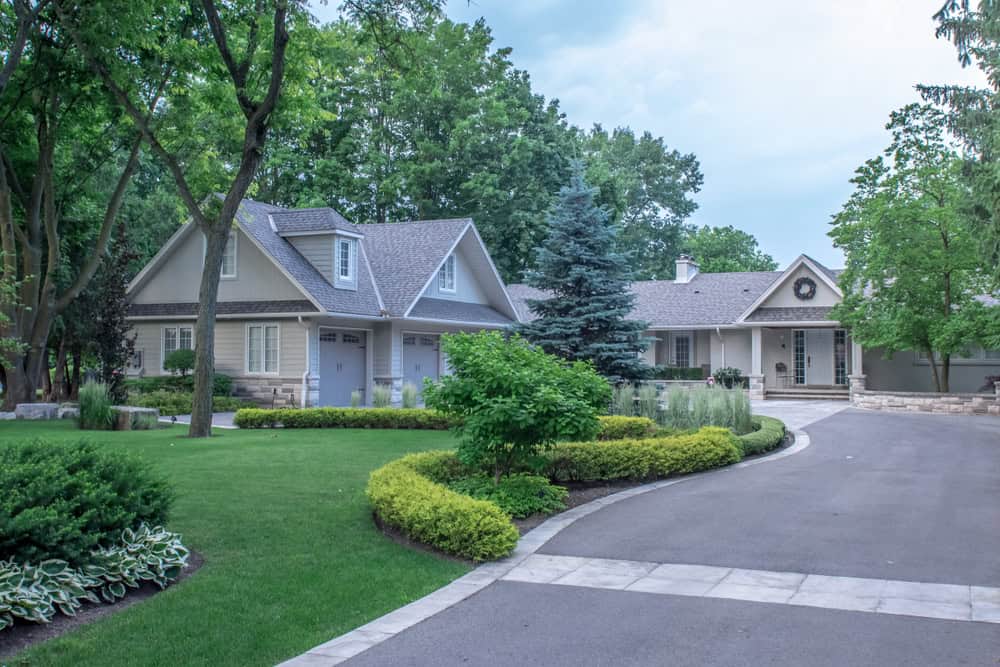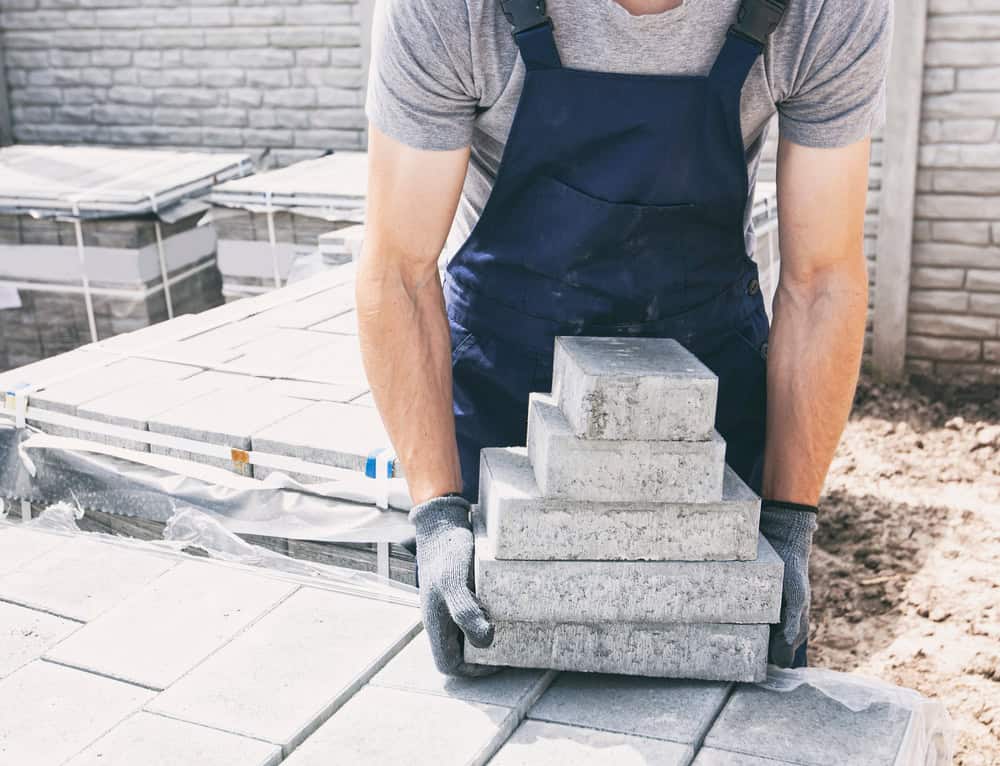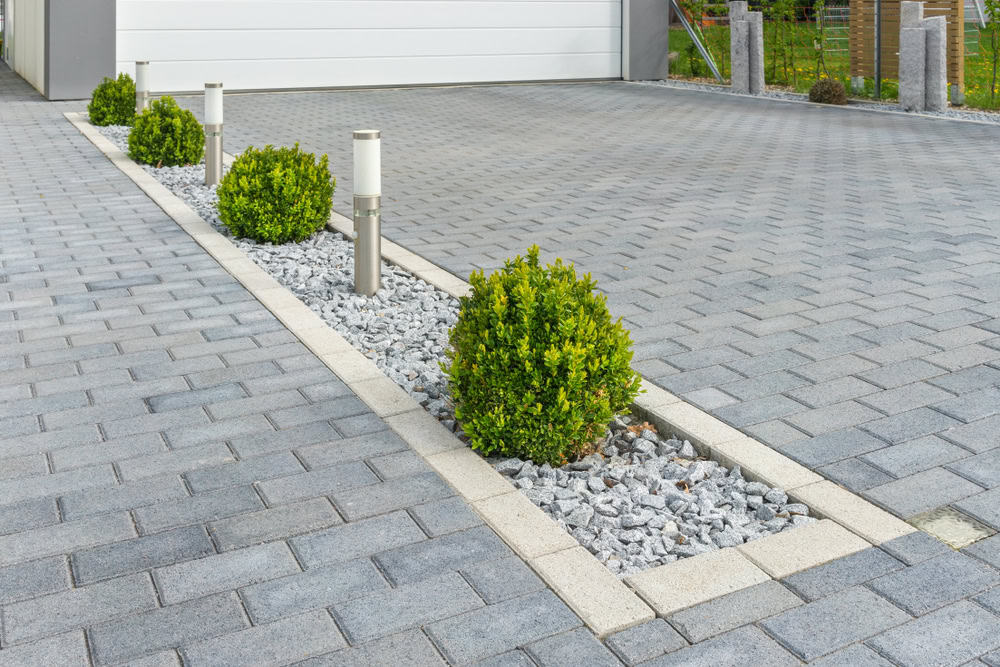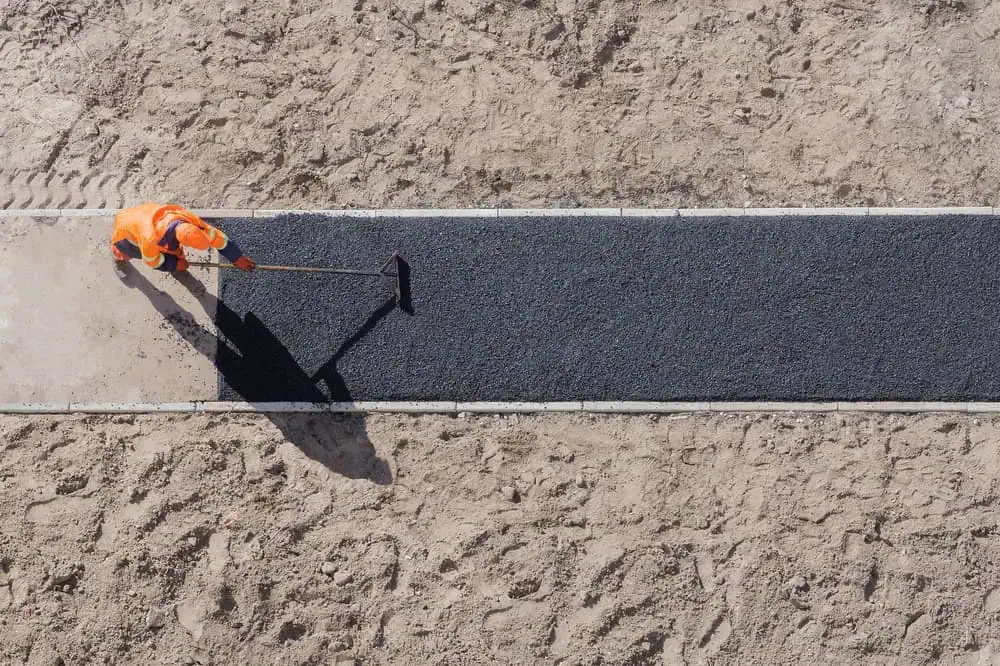Professional paver installation that handles New England weather and looks great for decades.


You get an outdoor space that doesn’t crack, settle, or turn into a maintenance nightmare every spring. Quality pavers handle freeze-thaw cycles without the headaches you’ve dealt with from concrete or asphalt.
Your property value goes up. Your curb appeal improves immediately. And you stop worrying about trip hazards, drainage problems, or having to explain away that eyesore in your backyard when friends come over.
The right paver installation gives you decades of use with minimal upkeep. No more patching cracks or dealing with uneven surfaces that collect water and ice.
Academy Masonry has been handling paver installations in Jamaica Plain and surrounding areas for years. We understand what works in Massachusetts weather and what doesn’t.
You’re not getting someone who learned masonry from YouTube videos. Our team knows proper base preparation, drainage requirements, and material selection for this climate.
We’re local, licensed, and we stand behind our work because we have to see you at the grocery store afterward.

First, we assess your space and discuss what you want to accomplish. We look at drainage, existing conditions, and help you choose materials that make sense for your property and budget.
Next comes proper excavation and base preparation. This is where most problems start if it’s done wrong. We excavate to the right depth, install proper drainage, and create a stable base that won’t shift or settle.
Then we install your pavers with correct spacing, proper edge restraints, and joint sand that locks everything in place. We clean up completely and walk you through basic maintenance so your investment lasts.

Ready to get started?
Every paver installation includes proper site preparation, drainage solutions, and material selection based on your specific needs. We handle patios, walkways, driveways, and custom designs.
You get options for different paver materials, colors, and patterns. We’ll explain the pros and cons of each so you can make an informed decision. Brick pavers, concrete pavers, natural stone – we work with what makes sense for your project.
Jamaica Plain’s mix of historic and modern homes requires contractors who understand both traditional and contemporary approaches. We match the installation to your property’s character while ensuring it performs well long-term.
